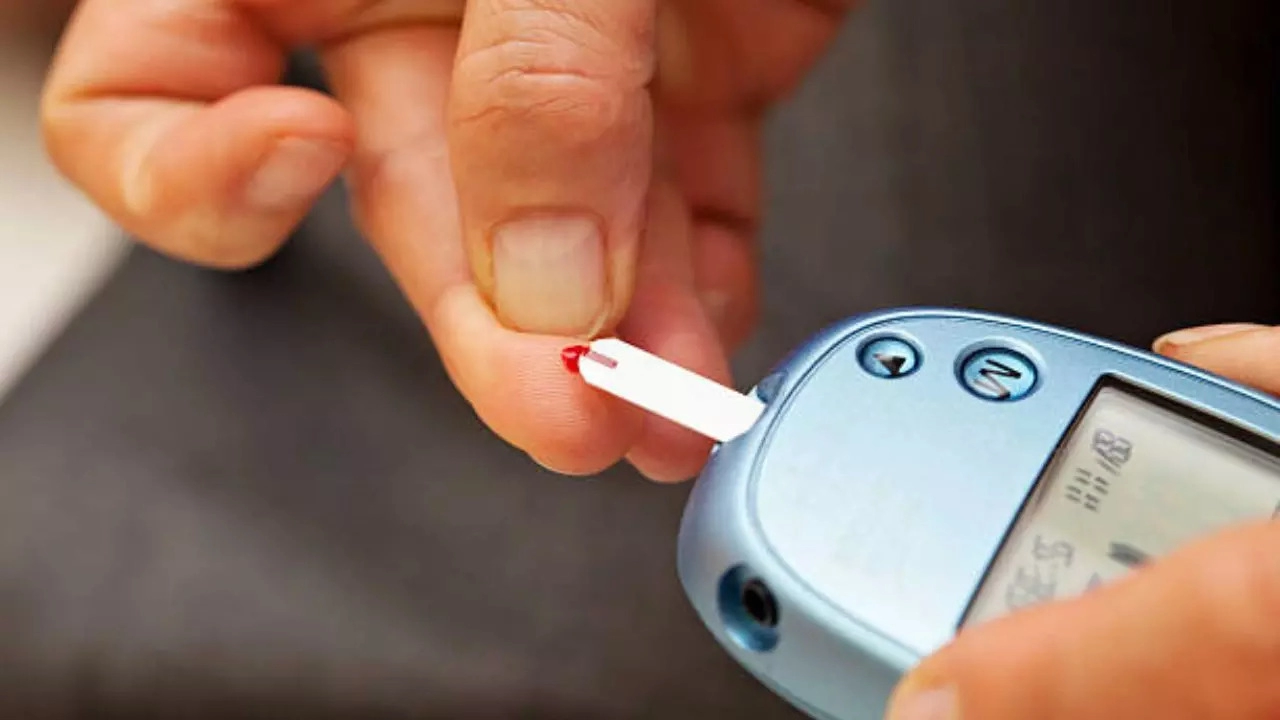Ashima Sharda Mahindra • 10 Aug 2024
Monsoon and Diabetes: High Humidity Shoots Up Blood Sugar Levels; Ways To Maintain

Dehydration causes a spike in blood glucose levels making you urinate frequently, compounding your health issues
Rainy weather brings a lot of challenges for people with diabetes. According to experts, hot and humid weather leads to various health issues – causing a significant rise in blood sugar levels and making it hard to keep them under control. You may also be at an increased risk of developing heat exhaustion.
So, when the weather heats up – mostly because of moisture in the air, it is very important to closely monitor your blood sugar levels and watch for possible symptoms that your body is not handling the heat very well.
According to Dr. Mayank Lodha Seth, Chief Pathologist at Redcliffe Labs, fluctuating weather also leads to craving for junk foods, which is a major red flag in diabetes. “Seasonal changes can be particularly tough for people with diabetes. While summers bring relief from the scorching heat, for people with diabetes, increased humidity, fluctuating temperatures, and heightened cravings for fried and junk food can significantly raise the risks of blood sugar levels,” Dr. Seth told Times Now.
How does humidity affect those with diabetes?
Humidity can make you tired and sluggish and negatively affects how your diabetes affects your body. Those with diabetes get dehydrated more quickly than others. A few signs include:
- Fatigue
- Decreased urination
- Increased thirst
- Dizziness
- Headache
- Dry mouth and eyes
- Low blood pressure
- Rapid heart rate
Your sweat does not evaporate as well as it would under drier conditions, making it extremely hard to stay cool – increasing blood glucose levels.
Ways to manage diabetes in monsoon
According to Dr. Seth, even though managing diabetes during the rainy season may seem daunting, “it is quite simple,” he said. “With a little consciousness, some necessary precautions, timely care, and regular exercise, you can confidently navigate this season,” he added.
Some of the necessary care tips during the monsoon season include:
Maintain your hydration levels
The shift in temperature might significantly reduce water consumption, and excessive sweating due to increased humidity affects blood sugar control. So, setting reminders and drinking at least 3-4 liters of water daily is crucial to your health.
Eat low-glycemic foods
“It is always essential to monitor your diet regardless of the season to ensure your blood sugar levels are within the required range,” said Dr. Seth. Seasonal fruits, vegetables, and millet bread have low glycemic indexes and are a good guide for your health.
Take Extra Care of Your Feet
Waterlogging, puddles, and wet surfaces can make you prone to foot infections. So, it is necessary to check your feet, keep them dry, and wear monsoon-friendly footwear to avoid any risks of worsening your health condition.
Say a Big No to Street Food
Cravings and monsoons go hand in hand, but they worsen when combined with unhealthy street food. Using low-quality oil, added calories, and not maintaining hygiene levels make it unsuitable for your health. “Instead, it will be beneficial if you make the same dish at home with better hygiene and low-calorie variants to feast your cravings,” added Dr. Seth.
Stay active
It is crucial, especially during the rainy season. Don't let rain push you towards a sedentary lifestyle; instead, prepare in advance with your indoor workout routine. Staying active is the key to ensuring holistic well-being.
Get Latest News Live on Times Now along with Breaking News and Top Headlines from Health and around the world.